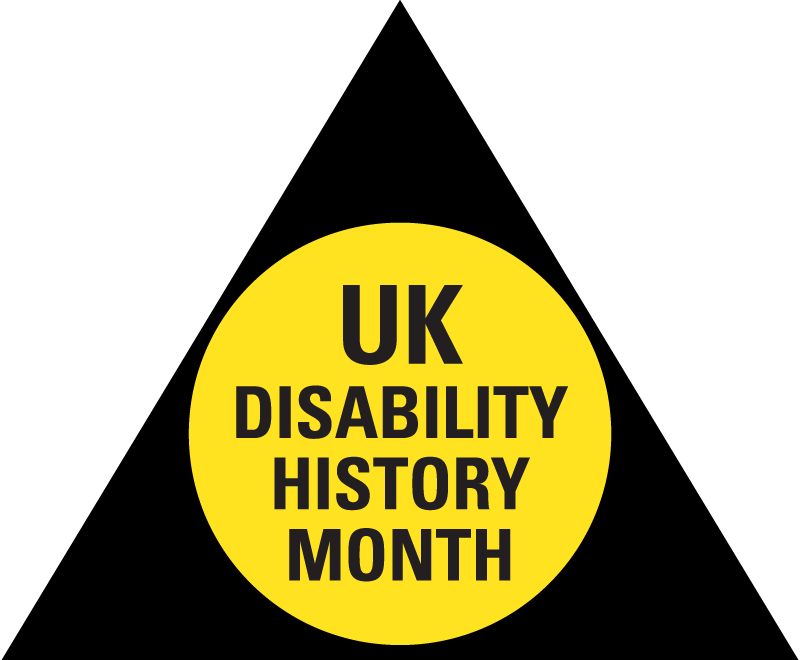A manifesto for Disability Equality The Trades Union Congress (TUC) on the advice of its disabled members has published this manifesto to promote support for the steps needed to achieve equality for millions of disabled people in Britain and elsewhere who face discrimination, poverty and prejudice. We call on politicians, organisations and individuals to add their names in support of these proposals. We call for:
1. Support for the Social Model of Disability People with impairments are disabled by the barriers (physical, social and attitudinal) placed in their way. Disabled people themselves must decide their future. The Social Model is the basis for the United Nations Convention on the Rights of Persons with Disabilities (UNCRPD) which the UK has ratified.
2. Recognition of the true position of disabled people in Britain today: Despite legal protection against discrimination provided by the Equality Act 2010 (EA):
Millions of disabled people live in poverty.
Support for the right to live independently in the community has been cut.
Prejudice against disabled people has increased because of government and media propaganda about benefits and hate crime against disabled people remains unacceptably high.
Ignorance and stigma associated with invisible conditions including mental health issues and neurodiversity prevent many people from obtaining or retaining work.
Disabled people continue to face barriers to public transport, including insufficient numbers of staff to help and lack of step-free access at most railway stations.
Employment Tribunal fees and cuts to Legal Aid have reduced access to justice.
Changes in education law have reduced provision for disabled students.
Disabled people are seriously underrepresented in public life and are at best stereotyped in the media. In employment,
Progress in reducing the employment gap between disabled and non-disabled people has been slowed by continuing discrimination by employers.
Supported Employment has been slashed without compensating gains elsewhere.
Grants from the successful Access to Work programme have been capped with negative consequences for groups of disabled workers.
3. Action is needed to promote disability equality. In regard to legislation, we call for
The reinforcement, and effective enforcement, of the Public Sector Equality Duty (EA), and its extension to all employers and service providers including third party providers.
Proper interpretation of the duty in the EA to make reasonable adjustments.
A British Sign Language Act to give legal recognition to BSL.
Improve legal recognition of disability hate crime and training rooted in the social model for the judiciary and police.
All laws impacting on disabled people (including the EA) to be reviewed and amended to make them compliant with the obligations under the UNCRPD.
Measures to ensure support for disabled people and carers:
Properly funded support for independent living.
Effective employment rights and decent pay and working conditions for carers;
The National Health Service trained, funded and resourced to support disabled people and carers;
Current assessment systems determining access to benefits replaced with a single assessment process designed jointly with disabled people.
Greater support for disabled people at work and into work. Specifically:
Ending caps on Access to Work grants and significant increases in budget combined with a programme to inform both employers and disabled people of its availability.
Sustained support for other employment programmes proven to have been effective such as Work Choice. Support for disabled workers and students in education.
Meeting the needs of all disabled students within an inclusive education system.
Reinstatement of a Disabled Students Allowance.
Meeting the needs of disabled workers within education. Support for disabled people to participate in public life by removing barriers and encouraging their engagement.
Measures to enable disabled people to play a full part in all areas of public life including the introduction of the option of job sharing for elected representatives. Support for greater participation and accurate portrayal of disabled people in the media, culture and the arts, and sport at all levels.
Government to work with media, arts, culture and sports organisations and with disabled people themselves to establish and monitor standards for the portrayal and representation of disability and disabled people. Establishment and promotion of a national training standard based on the social model of disability for employers and service providers.
Training based on the social model is essential if government, employers and service providers are to eliminate discrimination from their practice and achieve equality and inclusion for disabled people.
Therefore, a national disability training standard, established and monitored through engagement with disabled people, must be established, applied, and monitored.
Engagement with disabled people to promote equality internationally
Support for the policies for inclusion and equality adopted by the European Disability Forum and support for disability equality across Europe and beyond.
For further information or to register your support for the TUC’s Manifesto for Disability Equality please email hmunshi@tuc.org.uk.
